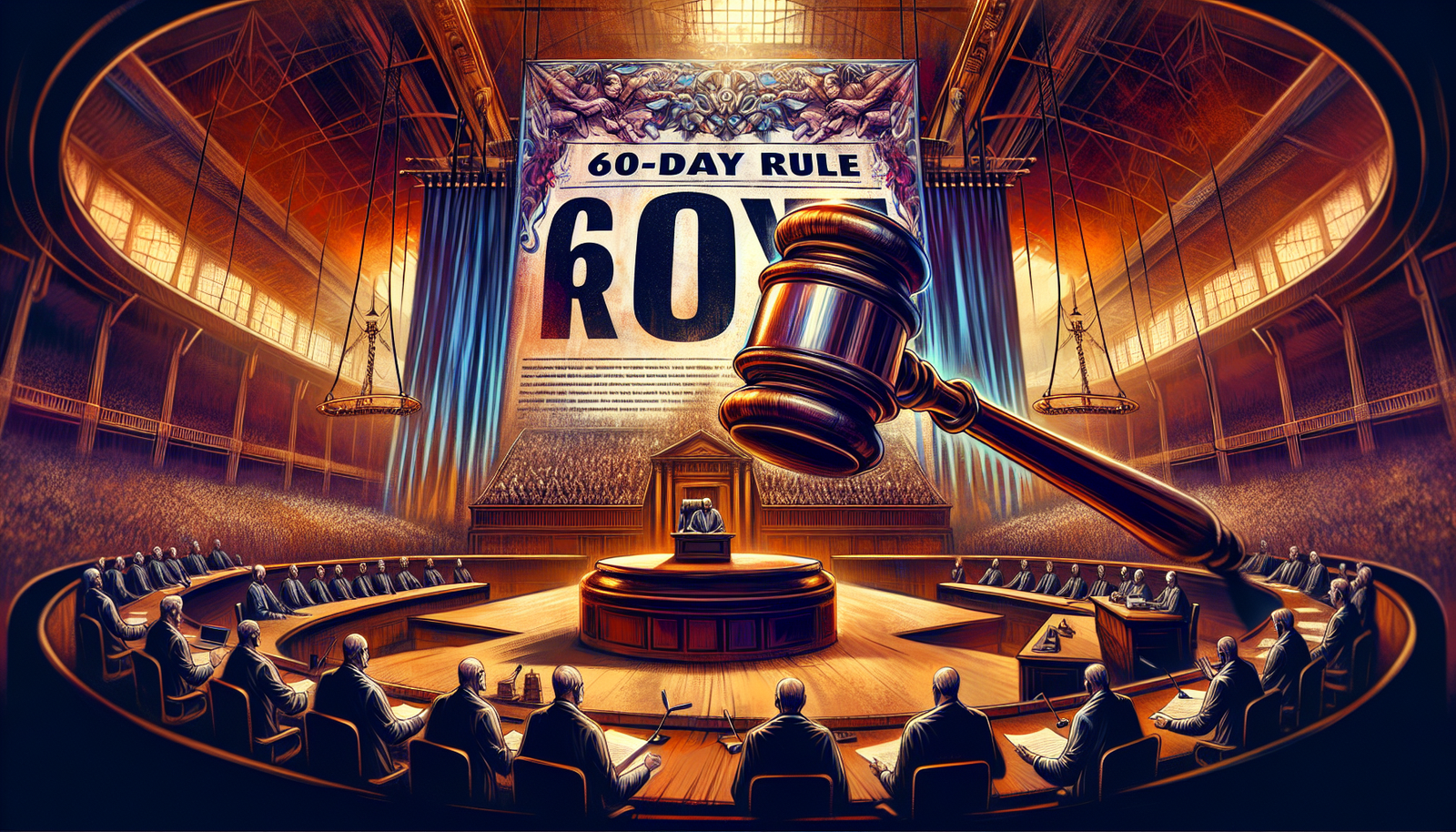
No, the Recent Trump Indictment Does Not Breach the DOJ’s ’60-Day Rule’
The indictment of former President Donald Trump has sparked debate surrounding its timing and implications, particularly in relation to the Department of Justice’s (DOJ) informal ’60-day rule’. This guideline, often cited in discussions of election-related prosecutions, suggests that prosecutors should limit significant actions in politically sensitive cases as elections approach, to avoid influencing the electoral outcome. However, recent analyses, including a detailed examination from National Review, argue that the latest indictment does not violate this guideline.
Understanding the DOJ’s 60-Day Rule
The DOJ’s 60-day rule is fundamentally a guideline, not a legally binding statute. It serves as a framework under which prosecutors are encouraged to operate, particularly in politically charged cases. The intent behind the rule is to minimize the risk of perceived bias or undue influence on the electoral process. Its flexible nature means that it can be interpreted and applied differently depending on the context of each case.
Timing of the Indictment
The recent indictment against Trump, issued by Special Counsel Jack Smith, has faced scrutiny over its timing in proximity to the upcoming elections. Critics have asserted that this timing intentionally breaches the 60-day guideline. However, the National Review article counters this notion, suggesting that the timing adheres to the nuances of the guideline rather than violating it outright.
Legal and Political Context
The strategic timing of indictments, particularly those executed by Democratic prosecutors, can be viewed through a wider lens of ‘lawfare’—a term describing the use of legal systems to achieve political objectives. The National Review discusses how the timing of Trump’s indictment may align with broader political strategies rather than represent a blatant disregard for the DOJ’s guidelines.
Superseding Indictment
Moreover, this indictment acts as a superseding indictment to a previous case related to Trump’s alleged interference in the 2020 election. This legal maneuver effectively resets the context, thereby altering potential ramifications and the trajectory of the ongoing case, allowing for different considerations regarding the application of the 60-day guideline.
Political Implications
The implications of the indictment are multifaceted. While some argue it disrupts the political landscape by creating an appearance of impropriety right before the elections, the article contends that it does not breach the spirit or letter of the DOJ’s guidelines. This perspective highlights the complexity of legal strategies within a politically charged environment and how various factions interpret these actions based on their agendas.
Critique of Critics
The National Review‘s analysis includes a critique of those claiming the indictment infringes upon the 60-day rule. It posits that such arguments stem from a misunderstanding of the rule’s essence and application. By championing a clearer interpretation of the circumstances, the article underscores the validity of the indictment’s timing in a legal context.
Conclusion
In conclusion, the recent indictment of Donald Trump, while politically contentious, does not contravene the DOJ’s 60-day rule. The intricacies of legal proceedings and the strategic timing of indictments create a complex environment where intentions and implications are often obscured by political narratives. As the legal and political landscapes continue to evolve, the discourse surrounding this indictment remains critical to understanding the intersections of law and politics.
